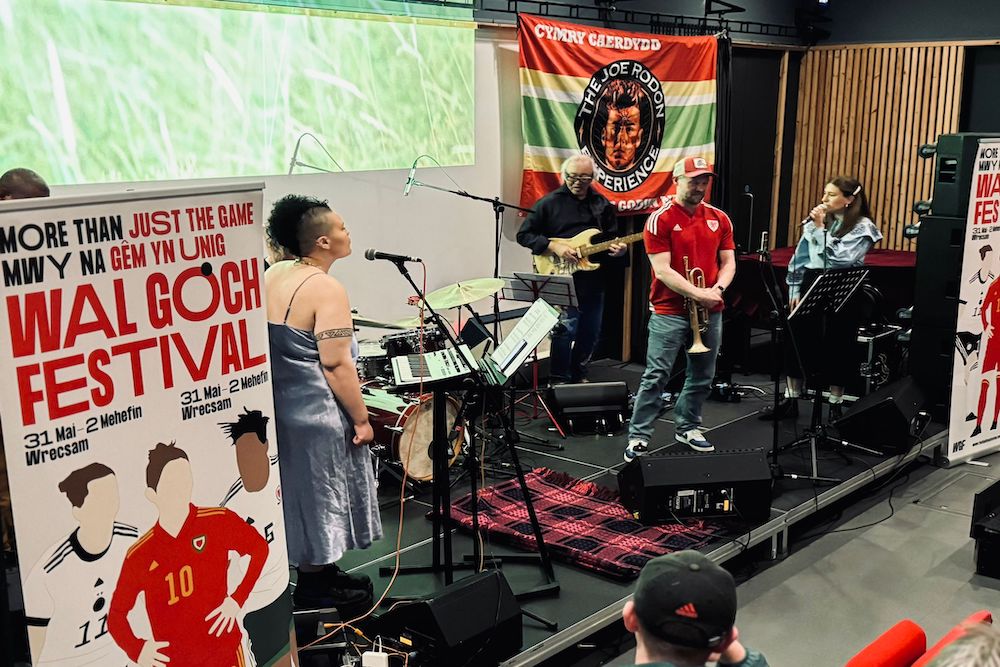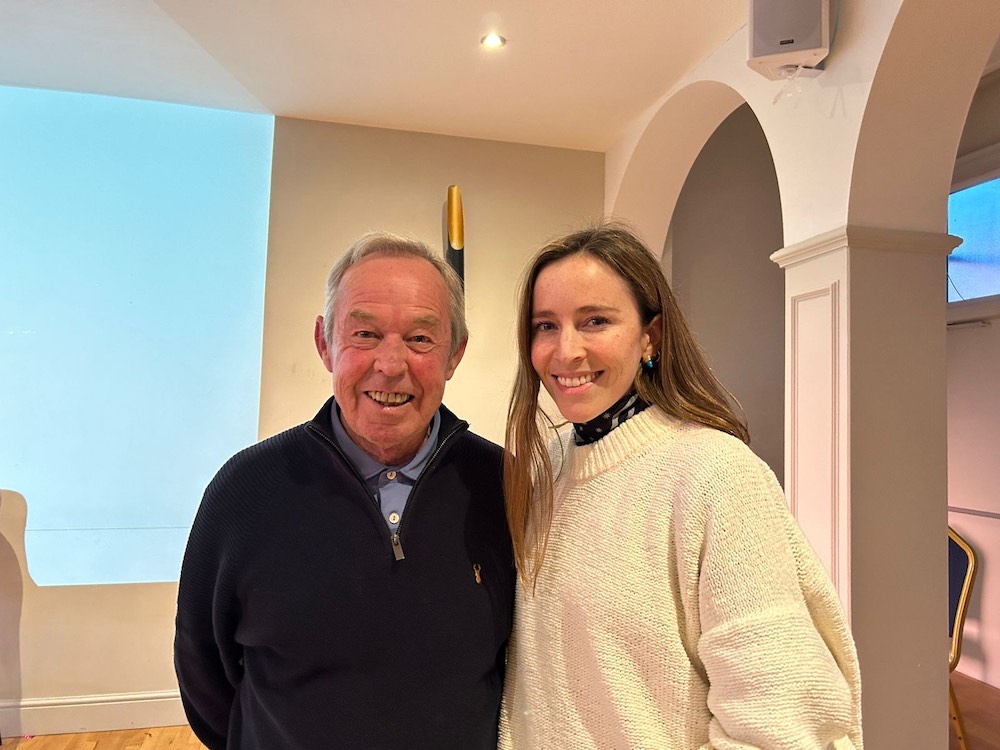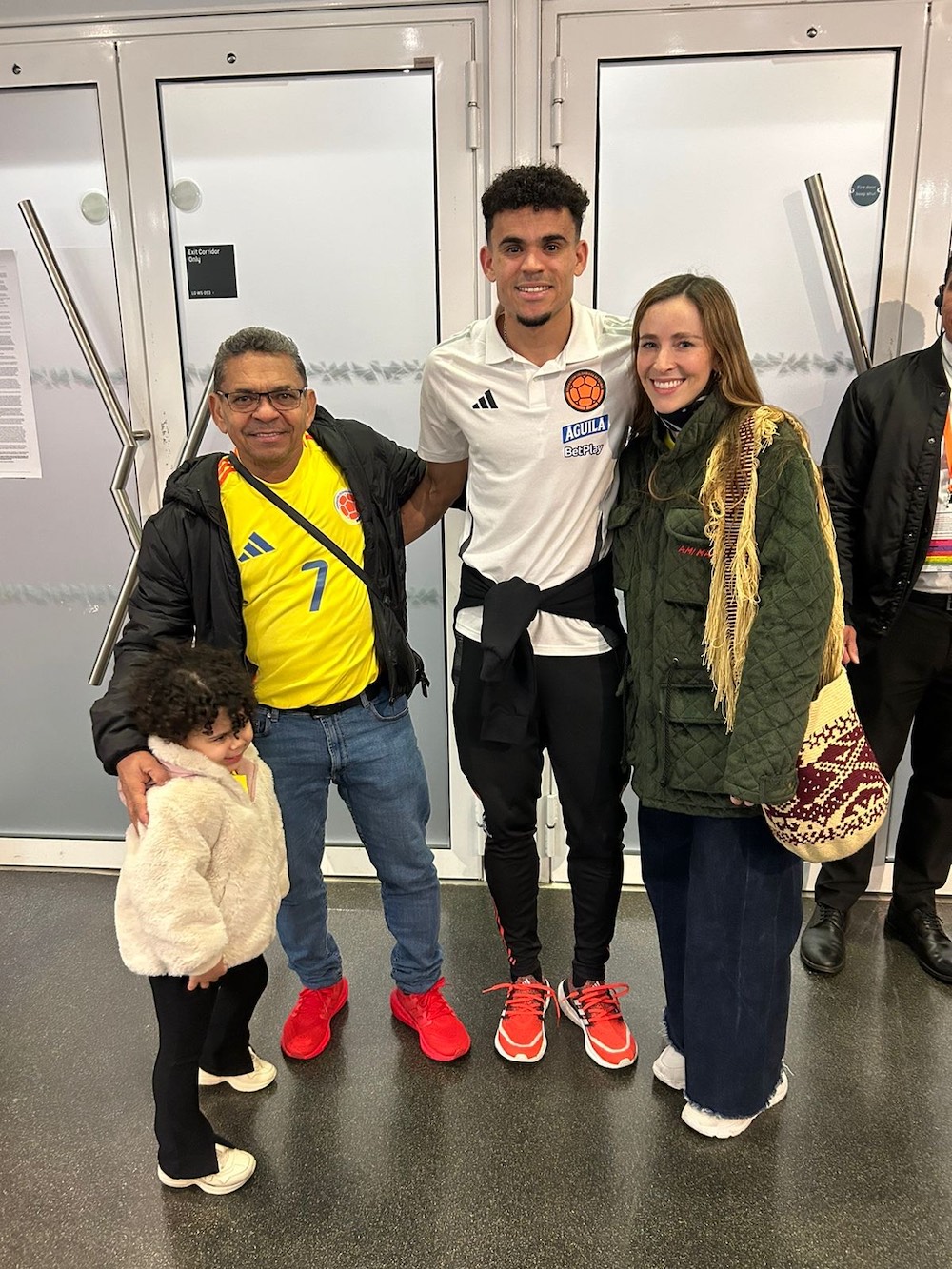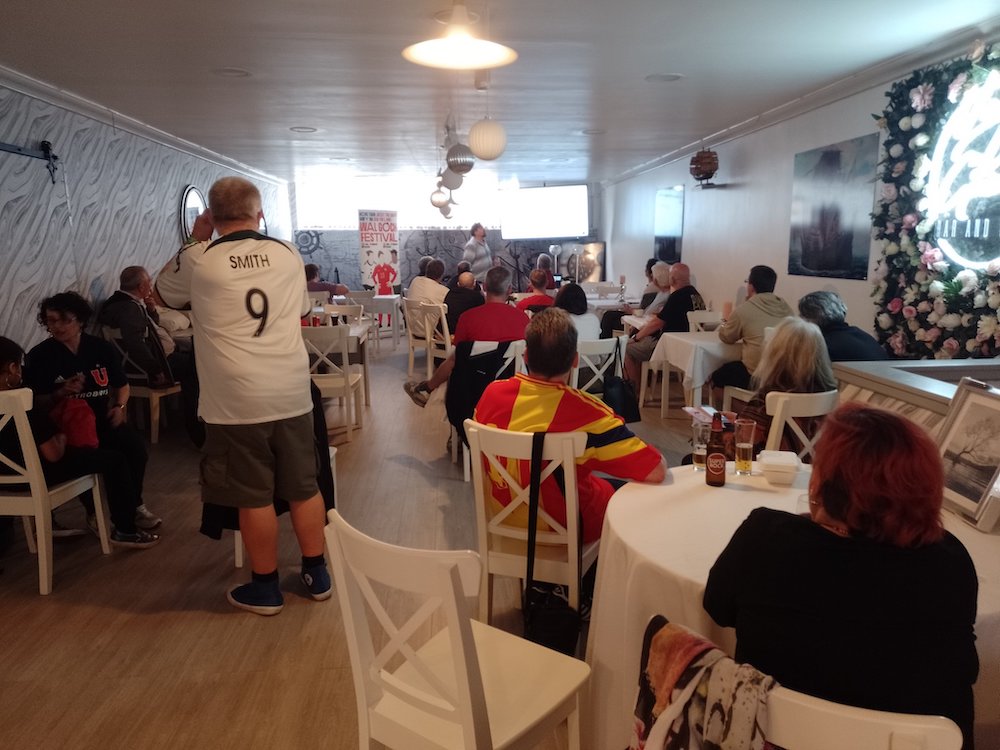From pitch to peace talks – football’s role in healing the world

Last weekend, the Wal Goch Festival returned to Wrexham for an extravaganza of footballing conversation, cultural discussion, music and celebration of the sport that so many across Wales and the world adore.
This was the third time that Gŵyl Wal Goch has been held in Wrexham, a town (I still struggle to say city), which has become synonymous around the world for its football club and fanbase following the takeover of the team in early 2020. A lot has happened since then, and moreover what has happened has underlined one thing about the beautiful game: the power of football beyond the material enjoyment of seeing your team win promotion.
Both Wrexham town and the football club have both stagnated and excelled at similar trajectories and time frames. When the club was relegated to the old Blue Square Bet Premier, known to many as the Conference, belief waned not only on the pitch, but also within the people of Wrexham, often forgotten by the political elites in London and Cardiff.
This indeed was not helped by the short-sighted investors in the form of Alexander Hamilton and Mark Guterman that wanted to strip the club of its assets purely to fuel their own financial greed. The Wrexham Supporters Trust exemplified the importance of people power in the face financial adversity which has plagued the beautiful game since the early 90s.
Now this is not a unique experience to Wrexham, many clubs and towns across the United Kingdom have faced similar experiences, Bury being one of the most well-known of these. Successive Conservative governments have preached the policy of ‘Levelling Up’, but only seemed to care about Wrexham once the spotlight of the world was on the town.
All that Wrexham is, and will be, will not be down to the political intuitions which have governed over the past 14 and a bit years. It will be down to two owners that believed in the football club and its supporters, and a community which has come together to rally behind and believe that the town can overcome its recent decline, and become somewhere where hope and opportunities are an everyday reality.
Gŵyl Wal Goch was a fantastic event which encapsulated the importance of this notion of fan importance from across the globe. From Wrexham to Iceland where there was a Welsh premiere of the film The Home Game which follows the journey of an Icelandic villager, Vidar Gylfason, who built a pitch eligible to host a match in the country’s national cup competition, to a conversation with Kit Holden and the importance of 50+1 rule for fan rule in German football… Gŵyl Wal Goch really had something for everyone.
Conflict in Colombia and using football to achieve peace

If there’s one thing that I’ve learnt from my time at the festival it is that football is the international language of the world.
I am sure most of you reading this will have ended up in the far reaches of the world and not being able to speak much of the native language. One mention of Wales and you will be embroiled in a discussion about Gareth Bale and the proverbial ice is broken.
One of the attendees at the festival was Adriana Sandoval Trujillo, the Cultural Attachée working at the Colombian Embassy whose main responsibility is to use the power of art, culture and sports, to in her words: ‘strengthen the bilateral ties between the United Kingdom and Colombia.’
“Football brings cultures together,” she said discussing the power of football for the purposes of integration.
“It also places you, it takes you, it’s like a vessel for communication and for important messages. It’s beautiful from the perspective of integration.
“When you think about it, when you see many of our players that come from very rural areas in Colombia, football has definitely opened a window of opportunity to show their talent and when this happens it becomes a kind of ripple effect.”

One player who has encapsulated this in the Premier League over the past few seasons is Luis ‘Lucho’ Diaz who plays for Liverpool. He is known globally for his football talents, but also for the fact that his father, “Papa Diaz” was kidnapped in Colombia late last year.
“If you think Lucho Diaz is an idol here, you don’t have a clue what an idol he is back home,” said Adriana.
“And his father, Papa Diaz, encapsulates this aspect, and it’s just fantastic because they have become leaders and role models. In a country like ours, where children have been exposed to war and violence, sports offer different alternatives. When kids see leaders in football, art, science, different stories are being told, and these stories show another side to the realities they face.”
There is no way of making a direct comparison with a country which has been embroiled in civil war for more than 50 years. But there are crossovers between how young people in Wrexham, and the UK more widely and Colombia are able to use what they see on the football pitch as a means of inspiration for a life which is not blighted by the struggles which their parents might have faced growing up.
“I think that sport is definitely a vehicle for change, and it’s a very powerful tool,” she said.
“In Colombia, we have been affected by violence, and we have had a civil war going on for more than 50 years. In 2016, we signed a peace agreement between the Colombian Government and the Revolutionary Armed Forces of Colombia (FARC-EP).”
It is clear from the conversation with Adriana that football is, and always will be, a “vessel” for people, and young people in particular, to see a real alternative to violence and dissidence within Colombia. Of course, in a country where war is still rife, football can only go so far, but as Adriana said, negotiations between the Colombian Government and the National Liberation Army (ELN) are underway with the hope that this attempt at a diplomatic resolution will bring the much-needed peace in the country.

On the Saturday of the festival, local Portuguese restaurant Vasco da Gama played host to an afternoon discussion with Colombian football expert Pete Watson.
Pete explained the pivotal role played by football in President Juan Manuel Santos’ National Unity Project for peace with the FARC. Pete also delved into the ways in which the President deliberately used football’s power to enhance the national peace process, especially in using momentum from the successful 2014 World Cup campaign to “build better relationships between fans and authorities,” in many ways echoing the comments made by Adriana.
Certainly, the main takeaway for me is that the power of football in South America is something that goes perhaps further than the already strong influence in Europe.
Overcoming stereotypes
Colombia also grapples with stereotypes to do with well-documented issues with drug trafficking. Again, parallels can be drawn between struggles to overcome such stereotypes with ones in Wrexham and in North Wales. For example, Rhyl has been in the news recently due to concerns raised in the Senedd chamber regarding how some of its residents depicted the town as a “shithole” in the Welsh language Hansh series about local adult dancers, ‘Strip’.
Reasons for such descriptions of towns like Rhyl go far beyond the people of the town itself, and often can be found in industries which have been forgotten due to political choices, and a lack of support to help towns and communities reach their full potential.
Speaking about the drugs trafficking in Colombia, Adriana said that not enough is done to understand the “multinational” element of narco-trafficking.
“It’s an international, cross-nation organised crime system, and we are only placing the responsibility on the producing countries. But the consuming countries should also start to have different types of conversations because we are not going to be able to sort it by ourselves.”
On the negative stereotypes she and her fellow countrymen and women face due to the drugs trade she said: “There are some people that can be very politically incorrect and I just think that talks about them more than me, and the country I am from.”
Often in football, and often in jest, Welsh football fans will receive similar taunts of being “sheep shaggers,” often from Southern English fan bases that view anything north of Frankley Services as just another northern shithole.
Taking this into account, and taking a leaf out of the Colombian handbook that the comments of one or a group of people towards our country is actually more a reflection of themselves is another interesting takeaway from my conversation with Adriana.
This was just one of the of the many interesting conversations I had the pleasure of being part of at Gŵyl Wal Goch.
Keep your eyes peeled for a look at how data can help inform and hopefully reduce the number of injuries in women’s football, a showcase of Welsh history through a 5-piece international ensemble, and much more.
Support our Nation today
For the price of a cup of coffee a month you can help us create an independent, not-for-profit, national news service for the people of Wales, by the people of Wales.







